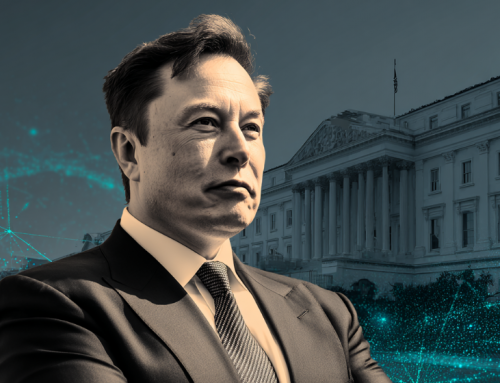
Silicon Valley has adopted these unconventional deals, as they enable startup founders to concentrate on their technology development while leveraging the resources of a large company, without the pressure of generating revenue independently. (Source: Image by RR)
Big AI Tech Companies Avoid Antitrust Scrutiny with Start-Up Deal Structures Acquiring IP Only
In recent years, major tech companies like Google, Microsoft, and Amazon have shifted their approach to acquiring AI technology by opting for complex deals that involve licensing technology and hiring top employees without actually buying the startups outright. This strategy allows them to sidestep regulatory scrutiny while still gaining access to cutting-edge AI innovations. A notable example is Google’s recent $3 billion deal with Character.AI, where they acquired the startup’s technology and key talent but left the company itself independent. Similar deals have been made by Microsoft with the AI startup Inflection and by Amazon with Adept, highlighting a growing trend in Silicon Valley.
These unconventional deals, as reported in nytimes.com, are driven by the need to avoid antitrust issues while staying competitive in the rapidly evolving AI landscape. Regulators, such as the Federal Trade Commission, are closely monitoring these transactions, which increasingly resemble traditional acquisitions. While these deals can offer fast returns for investors and provide founders with the resources of a large company without the pressures of making money independently, they also leave behind orphaned corporate entities where remaining employees are often stranded without benefiting from the financial gains.
This has caused concern among some tech investors and entrepreneurs, who worry that such deals could undermine the Silicon Valley ecosystem by breaking down the alignment between founders, employees, and investors. Critics argue that everyone involved in building a company should be rewarded, and that these deals create a messy structure that could be detrimental in the long run. The fate of the left-behind companies remains uncertain, with some attempting to continue operations under new leadership while others struggle to find their footing.
As the AI boom continues, more of these deals are expected to surface, particularly as some startups with ambitious goals face challenges in competing with larger players. The allure of such deals lies in the immediate financial relief and access to resources they provide for struggling startups, enabling them to continue their work under the umbrella of a tech giant without the pressure of independently generating revenue. However, this trend also underscores the growing divide between the industry’s top players and smaller firms, raising questions about the long-term sustainability of innovation in the AI space. While these deals offer a lifeline, they may also stifle the independence and creativity that often drive groundbreaking technological advancements, leaving the future of these startups—and the broader AI ecosystem—in a precarious position.
read more at nytimes.com







Leave A Comment